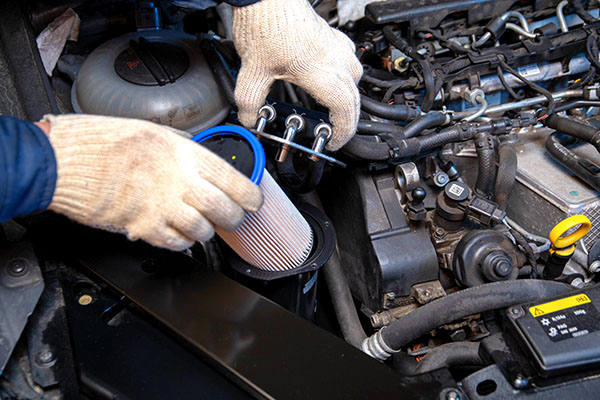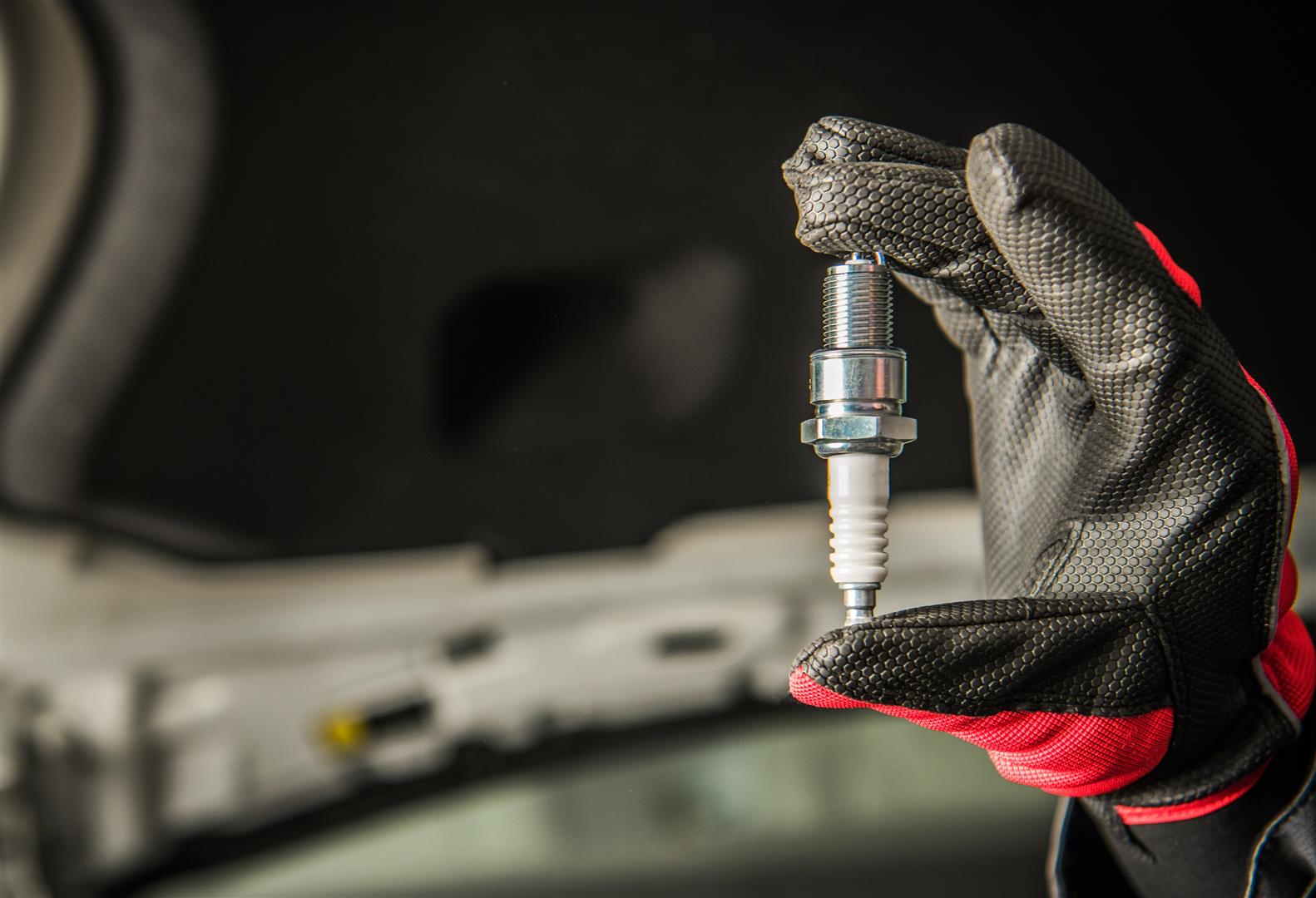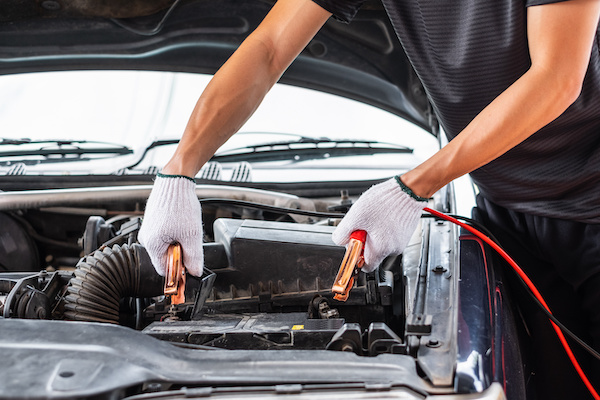Posted on 6/29/2023

Behind every smoothly running vehicle lies a well-designed fuel system that ensures the efficient delivery of fuel to the engine. Understanding the components and functions of your car's fuel system can help you appreciate its importance and identify potential issues. That's why we will share with you a simple and easy-to-follow explanation of how this exact system works! Components list: Fuel TankPumpFilterFuel LinesInjectors Pressure regulator1. Fuel Tank The fuel tank is the storage container for gasoline or diesel fuel. It is typically located at the rear of the vehicle, beneath the trunk or cargo area. The tank's capacity varies depending on the vehicle, and it is designed to securely hold the fuel while preventing leaks.Many modern cars are equipped with a vapor recovery system, which helps capture and co ... read more
Posted on 5/31/2023

Summer is a great time to hit the road and explore or check a few places off of your travel list. Whether you're looking for scenic drives, outdoor adventures, or cultural experiences, there are plenty of places in the United States that are perfect for those things. Here are some of our top picks for your next summer road trip. #1 The Pacific Coast Highway, California The Pacific Coast Highway is one of the most scenic drives in the world, stretching over 600 miles from San Francisco to San Diego. The route offers breathtaking views of the Pacific Ocean, rugged cliffs, and charming coastal towns. Highlights include Big Sur, Monterey Bay, and the Santa Barbara wine country. #2 Yellowstone National Park, Wyoming Yellowstone National Park is an outdoor enthusiast's dream, with miles of hiking trails, wildlife viewing opportunities, and stunning natural wonders like geysers and hot springs. The park is also home to the famous Old Faithful geys ... read more
Posted on 4/30/2023

Spark plugs may be small, but they play an essential role in the proper functioning of your car's engine. They ignite the air-fuel mixture, creating the necessary combustion to power your vehicle. However, not all spark plugs are created equal - there are various types of spark plugs available, each with its unique features and benefits. Copper spark plugs are the most basic and traditional type, found in a wide range of vehicles. They have a copper core that provides excellent thermal conductivity. Although they tend to wear out more quickly compared to other types, copper spark plugs are known for their reliable performance and affordability. Platinum spark plugs feature a platinum disc or electrode on the center or ground electrode. This precious metal increases the spark plug's longevity by resisting electrode erosion and improving overall durability. Platinum spark plugs offer better fuel e ... read more
Posted on 3/30/2023

If you are looking for your first car, you shouldn't be aiming for high performance and new models. Why? Well, to begin with, experience on the road isn't on your side, so your safety will be at risk if you opt for a 400+ HP vehicle. An older car will also have cheaper maintenance and repair costs, which are perfect for a young driver. Furthermore, there are a lot of good, well-made cars that are a little bit older. Below we have listed a few, along with their specifications, so continue reading if you want to find more. 2011-15 BMW 325 The BMW 325 is a middle-sized sedan with enough power to take you anywhere you desire. The engine in all models from 2011 to 2015 is a 3.0L V6 putting out around 210 HP. It has very good gas mileage, and reliability is also one of its strong points. Repairs are cheap, and parts are abundant because there is a big aftermarket as well as OEM parts all around. 2018 BMW X5 We will give you a bigger, roomier option ... read more
Posted on 2/17/2023

Jump-starting a car is a useful skill to have in case your vehicle's battery dies or you find someone that needs help. If you don't know the correct way of jump-starting a vehicle, you are in the right place - it's simple but you have to keep a few things in mind. Follow these steps to safely and effectively jump-start a car: Step 1: Get the Right Equipment You will need a set of jumper cables and a second vehicle with a working battery. Make sure the batteries have the same voltage (usually 12 volts). Step 2: Position the Vehicles Park the second vehicle close enough to the dead vehicle so that the jumper cables can reach both batteries but not so close that the vehicles are touching. Make sure both cars are in park or neutral and the parking brake is engaged. Step 3: Connect the Cables Connect the red cable to the positive (+) terminal on the dead battery, then connect the other end of the red cable to the positive terminal on the working battery. Next, connect the ... read more